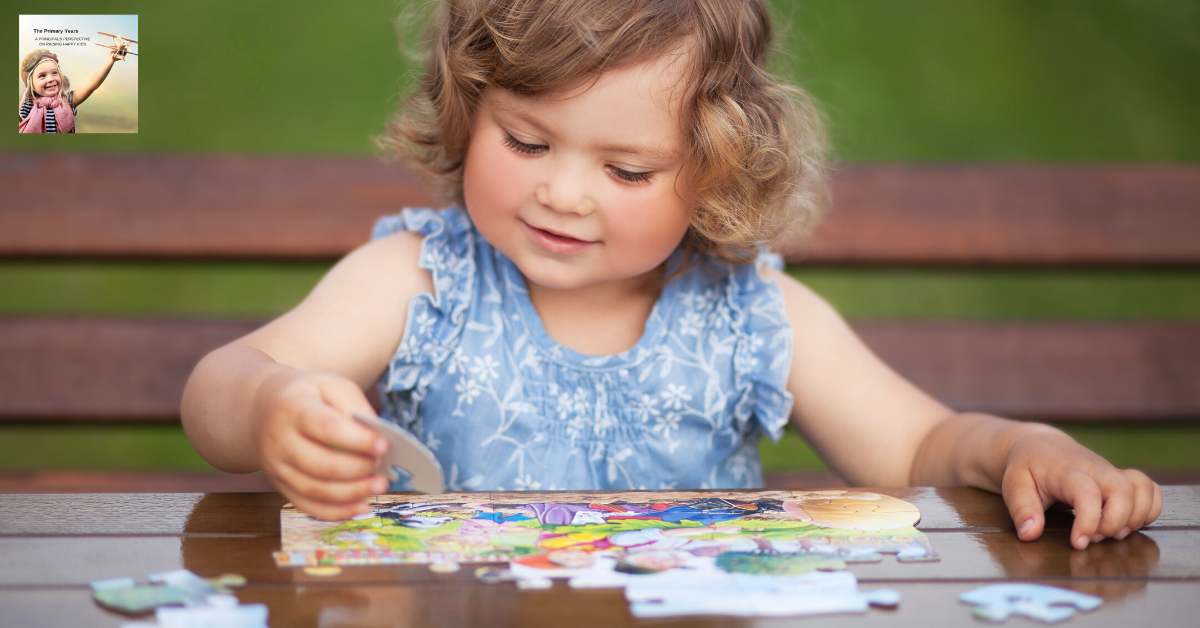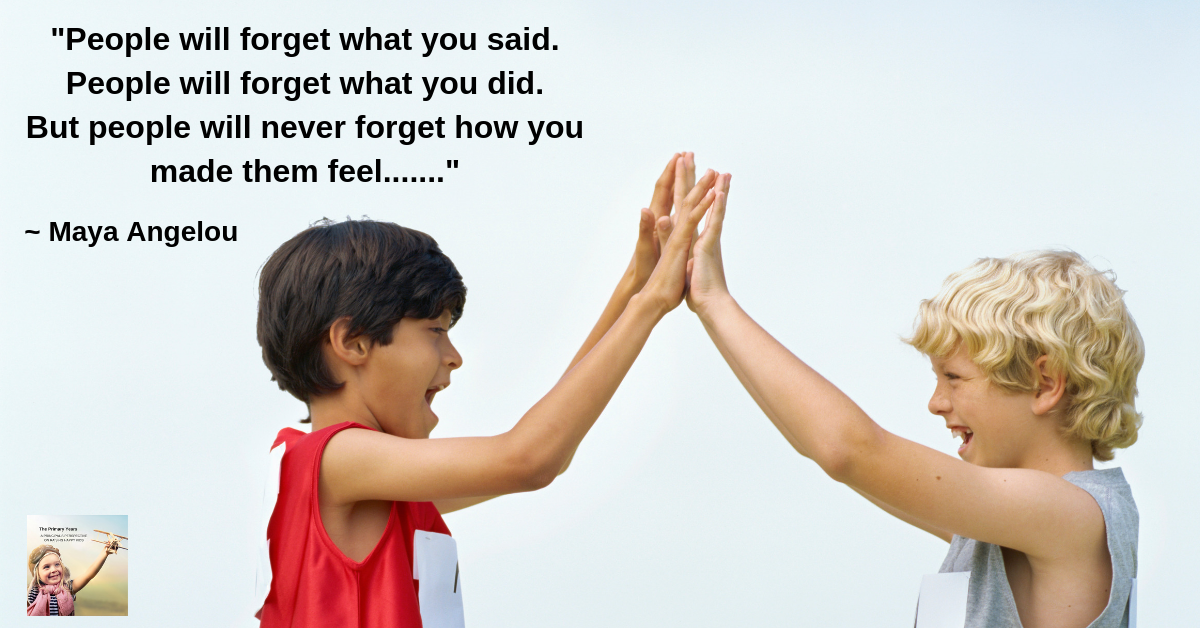How predictable we can all be!
We all like and value routine. In fact, our routine reassures us that we are balanced and consistent and we have better control and management of our lives and those of our children. I agree there is much to be said for routine and order. I would also propose thinking about the various differences that your child introduces you too as they grow. You can learn much from your child and so be prepared to change!
We would like to think that our children are mirror images of ourselves. However, over time they are beginning to form their own opinions likes and dislikes along the way. My question here is do we allow them to be different? Are we happy when they offer other suggestions that sound different from the way the family operates? Are we open to being excited when they produce something quite different? In working with children, teachers encourage spontaneity and variation in the work the children do. They set goals expectations but become quite excited when the child steps away from the norm and sees the world from a different angle. This is strongly encouraged in the classroom. As a parent do, we encourage our children to be different? Are we interested in letting them develop their own style, or are we inclined to direct them to what we know is a safe option?
Many of the famous, creative people see the world differently and are happy when they have control of their own creative bent. This article is challenging us as parents to give your child scope to be different and to allow in the family their differences to blossom.
Here are some thoughts on how to enable this to happen:
Do you encourage your children to think differently?
Affirm the difference. Take care not to steer your child into the likes and dislikes that you believe are safe and secure. As a parent, we guide them by allowing them space to steer their own boat.
Take care not to be too critical or questioning of things you don’t understand. Respect their right to bring new thoughts and ideas into the home.
Be prepared to learn from your child. They often show you new ways of operating on computers, introduce you to their music, discuss environmental issues etc. When they approach you with their uniqueness try to engage with interest. This is their way of sharing their world with you. There is much to learn from the next generation.
If they start talking about topics that you are uncomfortable with, give them a chance to express themselves. Don’t cut them off at the knees. You want them to be open and feel welcomed to discuss their controversial concerns. You may have opinions that are different and can express those to the child but allowing them to talk about these tricky matters is important for open communication.
We tend to look for commonalities with our children. Try and affirm the differences you notice.
“You have beautiful blue eyes. I think you are the first in the family to have them.”
As the child ages, you may find some of their friends a bit confronting. Remember, your child will ultimately discern who they associate with and by welcoming all friends you reassure your child that you trust them.
Occasionally your child will say or do things that surprise or shock you, putting you off guard. It is legitimate to talk about them but allow yourself time to process the situation before the discussion.
“Goodness. I had no idea that you were doing handstands at school.”
Take time to process the situation before offering comments that could offside the child.
This article can challenge us as parents. Afterall we have faith in the things we know that work well as a family. Most children are keen to please and willing to oblige family expectations. However, if they sense the freedom to be themselves in whatever form that presents itself, they will be happier and more disclosing to the family about what they like and dislike. If they see you as a parent that celebrates their differences, you will be in a safer and happier position to really know your child. A little bit of childhood rebellion in your presence won’t hurt!
“Those who do not think outside the box are easily contained.”



















